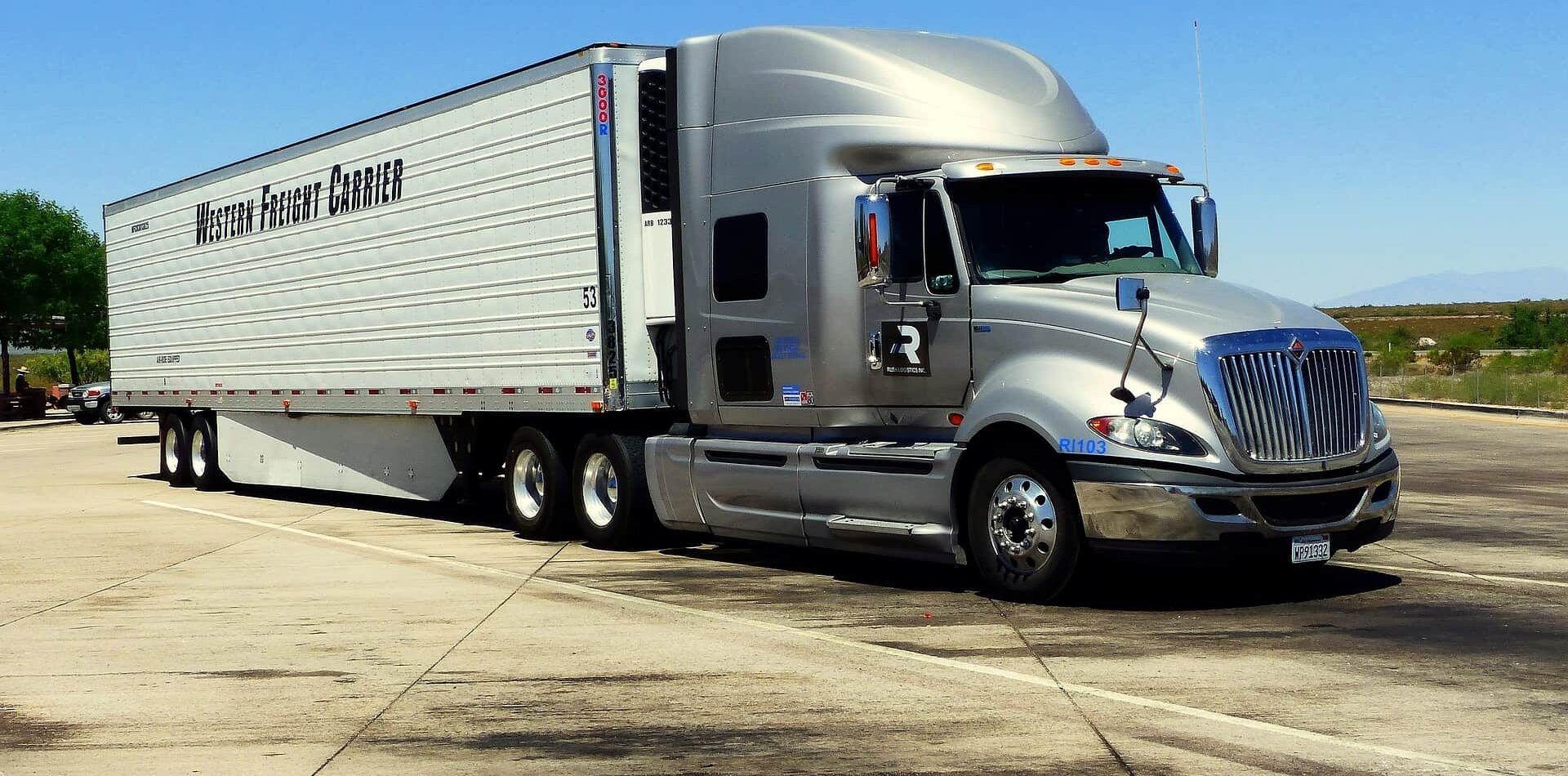Packages need protection. When you order a product, you want it to arrive in one piece. Without dunnage, far fewer deliveries would end with satisfied customers.
Dunnage cushions delicate items, keeps them off-limits to the elements, and prevents them from colliding with one another inside delivery trucks. Almost all shipments rely on dunnage, meaning you’ve encountered it whether you realized it or not.
What Is Dunnage?
Dunnage is the protective material shippers use to keep products safe. A seller or shipper could use many types of dunnage, including:
- Bubble wrap
- Crinkle paper
- Foam
- Plastic molds and bracing
- Corrugated cardboard dividers
- Fillers
- Blocks
- Packing peanuts
- Kraft paper
- Planks and boards
Note that boxes themselves aren’t listed as dunnage. The term only refers to the protective material itself, not the container it’s placed in.
Why Do Shippers Use Dunnage?
Packages must be able to withstand rough handling, stacking, temperature and humidity swings, and impact during shipping and delivery. Without dunnage, most products wouldn’t survive the journey.
Since businesses can’t afford to handle massive numbers of returns, they take steps to protect their shipments and maintain customer satisfaction.
Protection Against Damage
Packages go through a lot on their way from Point A to Point B. With a combination of solid shipping containers and adequate dunnage, there’s little chance of the objects inside being scratched, exposed to the sun’s UV rays, stepped on, or otherwise damaged.
Protection Against Moisture
Sealing a product inside dunnage also safeguards it from direct exposure to harmful environmental factors. High humidity and extreme temperature fluctuations, for instance, can spoil food or ruin electronics.
Shock Absorption
Every physical object has a maximum number of G-forces it can handle.
G-forces use Earth’s gravity as a baseline, meaning objects at rest experience 1G. The average human can handle no more than 9Gs. When an object collides with the ground from a great height, it can be subjected to dozens or even hundreds of Gs.
Cushioning materials like foam and bubble wrap slow down the objects they protect to minimize the G-forces exerted on them. It’s the equivalent of landing on a crash mat versus smashing into the ground.
9 Common Types of Dunnage Materials
Since products can come in a head-spinning variety of sizes, shapes, and levels of fragility, they need specific types of dunnage to keep them safe.
1. Bubble Wrap
Bubble wrap is highly versatile. It can be wrapped around objects of nearly any shape and size and taped to itself. The tiny air-filled bubbles serve to cushion objects in the event of an impact.
2. Air Pillows
If bubble wrap doesn’t offer enough padding for a particular item, or if the package is sufficiently large, air pillows can provide extra protection. Think of them as individual oversized air bubbles.
3. Solid Plastics
Molded plastic can hold certain oddly shaped products in place inside their containers. Sometimes, solid plastic spacers are used to float a product between two surfaces to create as much of an air buffer as possible.
4. Kraft Paper
This paperboard boasts excellent elasticity and tear resistance. It can also provide a degree of moisture protection. Kraft paper typically comes in giant rolls, allowing shippers to tear off sheets at desired lengths.
5. Foam
Foam is an excellent dunnage material because it contains thousands of tiny air pockets for high levels of cushioning. It’s flexible, easy to shape and cut, and can be carved to fit the exact shape of a product.
6. Wood
Wood dunnage might seem too hard to properly protect shipped products, but it’s actually quite useful.
Many shippers use wood dunnage to provide space between and around packages so they don’t bump into each other or the container’s walls. It can also ensure packages don’t get wet if a storage space floods. And since wood is surprisingly elastic, it can provide excellent shock absorption.
7. Corrugated Paper
If you’ve ever looked at the edge of a corrugated box’s flaps, you’ll see that it consists of a wavy paper layer between two outer layers. This wavy layer is what gives corrugated paper its excellent shock-resistant properties.
Placing sheets of corrugated paper between parts in a box can keep them from contacting each other and incurring damage.
8. Steel
While steel isn’t generally used as dunnage inside a package, it offers much the same protection as wood dunnage. Steel dunnage often takes the form of racks and structural supports that ensure packages are safely suspended away from damp surfaces.
9. Custom Dunnage
When a shipper needs to protect a highly fragile, oddly shaped item, sometimes they’ll have to create custom dunnage. In these cases, they might consider materials with benign chemicals to protect sensitive items, specific amounts of cushioning, or an ability to be cut to specific shapes.
Staying Educated Can Help You Plan Effectively
Protecting packages is necessary, but knowing what kind of dunnage you need isn’t always obvious. Is the material you’re considering durable enough to protect your product? Does your item require moisture protection? How much foam is too much?
With these and similar questions in mind, it’s important to stay up to date on your shipping options. Doing so can help you plan effectively for your logistics needs.
FAQ
While the origin of the term “dunnage” isn’t certain, it may come from the German term “dünne twige,” which translates to “brushwood.” It could also be derived from Dunlop, a cheese-making city in Scotland.
Yes. Pallets protect packages by keeping them lifted off the ground, stabilizing them, protecting them from water damage, and keeping them from bumping into each other.
Plywood can be considered dunnage, depending on how it’s used.
When deployed to cushion packages, protect them from colliding with each other, and block moisture, plywood can make excellent dunnage, meaning you should keep it in mind for your next shipment.


